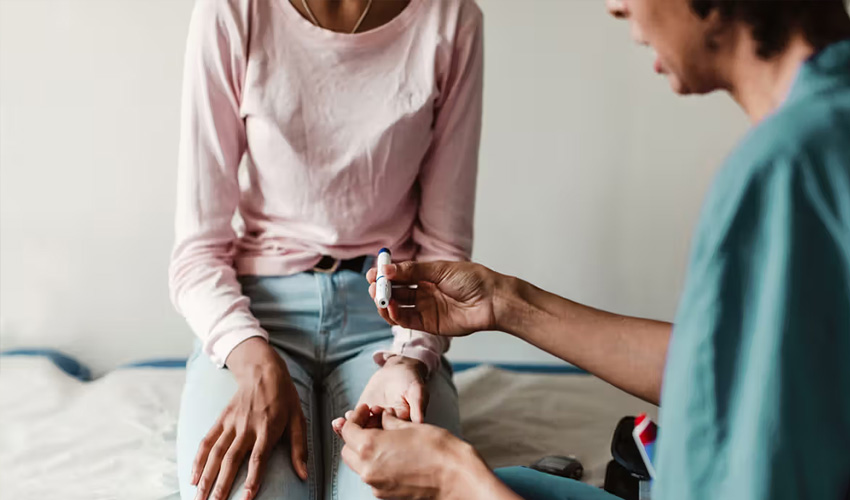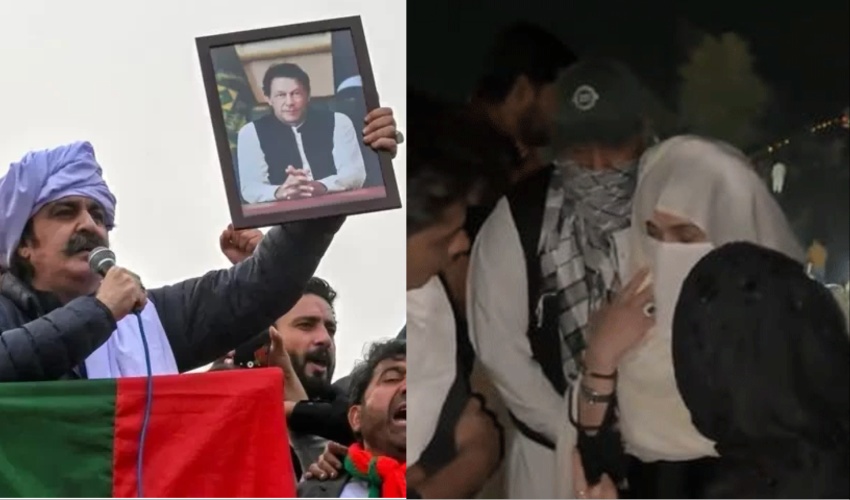The 16 Days of Activism against Gender-Based Violence happens every year to bring attention to the big issue of violence against women.
It starts on November 25, which is the International Day for Ending Violence against Women, and ends on December 10, Human Rights Day.
This campaign pushes for people to speak up and take action.
When discussing sexual and gender-based violence in Pakistan, the recent ‘Ranipur case’ immediately surfaces in our thoughts. Ranipur, situated in the deprived region of Sindh, epitomizes a disconcerting reality where fundamental human rights, particularly for women, are severely compromised.
In this setting, girls are often relegated to labour in feudal setups instead of having access to education. Tragically, one such girl fell victim to a brutal murder in Ranipur.
Lots of people know the details of this case. Connecting it to the 16 Days of Activism campaign could bring it more support.
When people link this campaign with the girl's story from Ranipur, it can create a strong bond. This bond can gather a lot of support to seek justice.
If civil society aligns the pursuit of justice for the murdered girl with the objectives of the 16 Days of Activism, it will undoubtedly send a robust message.
This action won't solely resonate with those responsible for ensuring justice for the victim's family but will also echo on an international level, showcasing Pakistani activism against violence.
This endeavour won't focus solely on one individual; rather, it will stand as a collective stance against violence targeting all women and girls.
The link between the campaign and the case will unify voices, inspiring everyone to unite and harness the momentum of this global campaign against violence directed at women. This connection will amplify the message, lending greater strength to the call for action.
The 16 Days of Activism isn't just a remembrance; it's a way to make things change. It tells society to stand against unfairness, bias, and violence.
During this campaign, there's a chance to ask for justice for the girl from Ranipur and also support the bigger goal—stopping all kinds of violence against women and girls.
It's important for society to take this chance and make a strong plan. It's not just about seeking justice for Ranipur; it's about using it as a starting point to bring together a movement that fights against any violence on women.
If the 16 Days of Activism intertwines with the Ranipur case, it wouldn't just be a link—it would create a potent relationship. This connection unites tales of tragedy, fostering a movement aimed at substantial societal transformation.
It's a compelling call to action, urging each of us to become active agents of change and advocates for a world where women and girls live free from the haunting fear of violence.



























